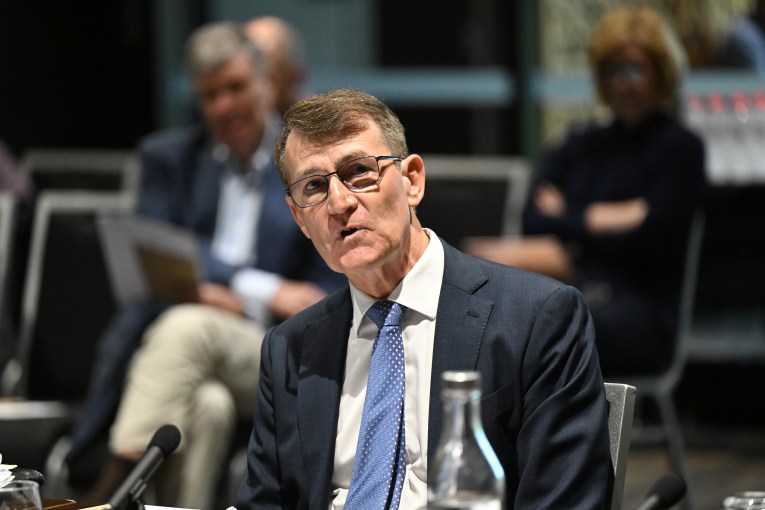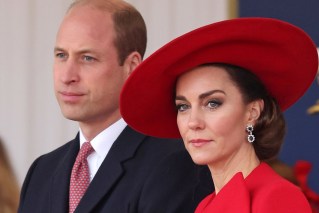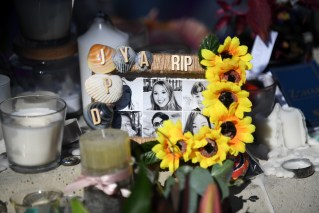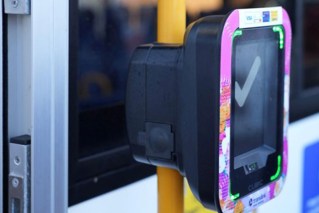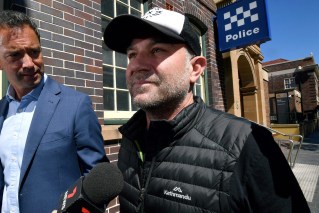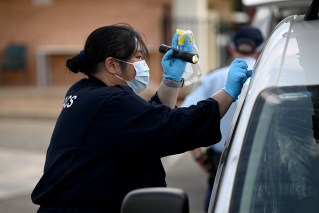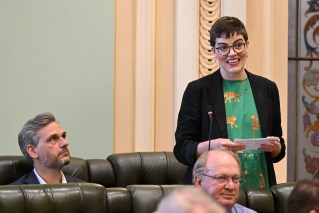Up to 10,000 will be allowed in stands for Tokyo Olympic events
The Tokyo Olympics will allow some local fans to attend when the games open in just over a month, organising committee officials and the IOC said on Monday.
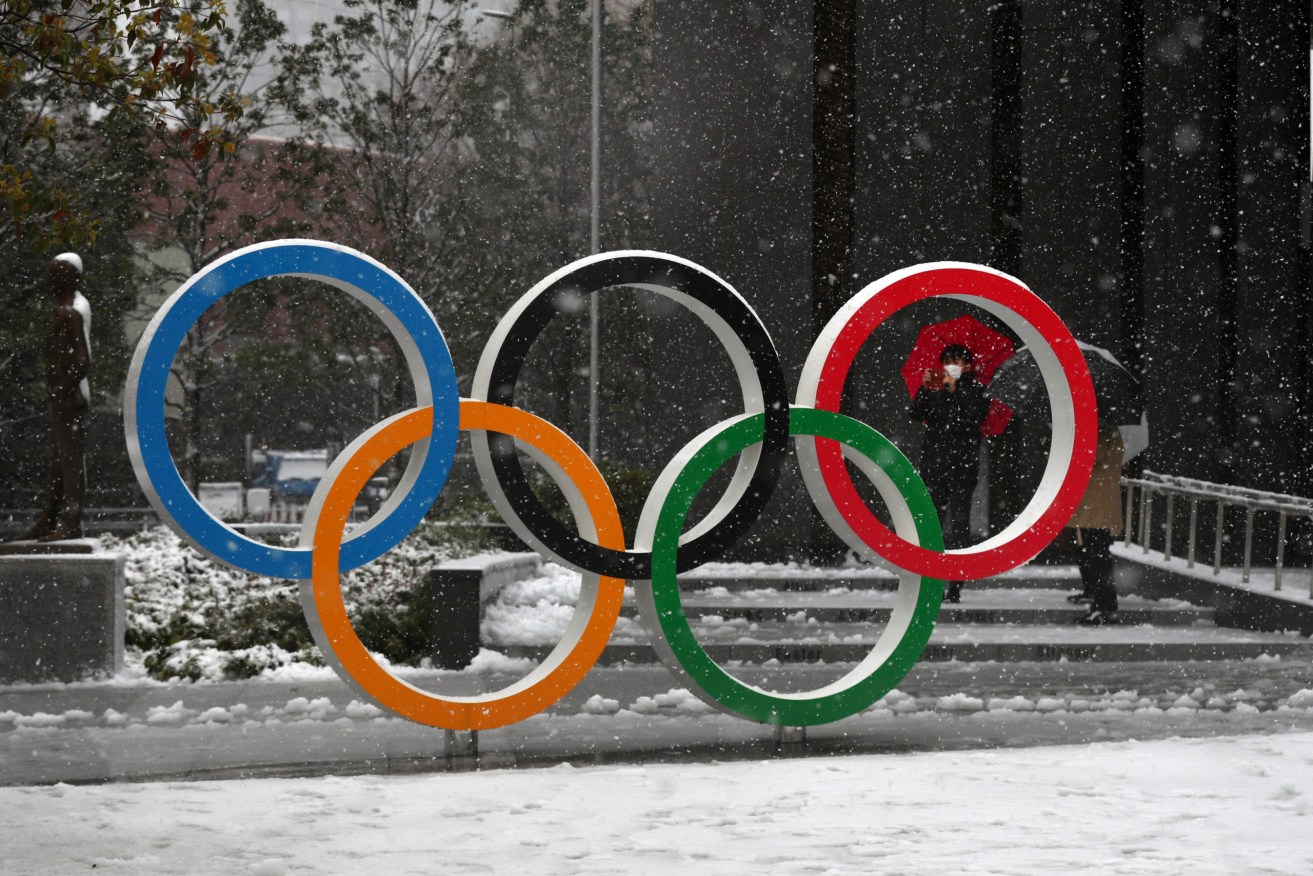
The Tokyo Olympics will allow up to 10,000 spectators at major events for next month's Olympics. (AP PHOTO)
Organisers set a limit of 50 per cent of capacity up to a maximum of 10,000 fans for all Olympic venues.
The decision was announced after so-called Five Party talks online with local organisers, the International Olympic Committee, the International Paralympic Committee, the Japanese government and the government of metropolitan Tokyo.
The decision contradicts the country’s top medical adviser, Dr Shigeru Omi, who recommended last week that the safest way to hold the Olympics would be without fans.
He had previously called it “abnormal” to hold the Olympics during the pandemic.
The Tokyo Games are set to open on July 23.
Local organising committee president Seiko Hashimoto said it was important to acknowledge the uncertainty around the pandemic during the games.
“We need to be very flexible. If there is any abrupt change in the situation, we will hold five-party meetings again to make other decisions,” Hashimoto said.
“If there is an announcement of a state of emergency during the games, all the options like no-spectator games will be examined.”
Fans from abroad were banned several months ago. Officials say local fans will be under strict rules. They will not be allowed to cheer, must wear masks, and are being told to go straight home afterward.
Organisers say between 3.6-3.7 million tickets are in the hands of Japanese residents.
Having fans in the venues presents a risk of spreading the COVID-19 infections, and not just at the venues, since it causes more circulation on commuter trains, in restaurants and other public spaces.
Tokyo and other areas are under “quasi-emergency” status until July 11.
This replaced a tougher full state of emergency that was in effect until last weekend and the new rules will allow restaurants to serve alcohol during limited hours.
Prime Minister Yoshihide Suga, who has favoured allowing fans, said before the official announcement that he would bar fans if conditions change.
“If a state of emergency is necessary, I will be flexible and open to no fans in order to achieve that the games give top priority to safety and security for the people,” Suga said.
“In case of a state of emergency, it is quite possible … for safe and secure (games) I will not hesitate to have no fans.”
He said he took “seriously” Omi’s recommendations but did not follow them.
Tokyo Governor Yuriko Koike also said before the the talks that fans may need to be banned if conditions changes.
In recent polls, support seems to be increasing for holding the Olympics, though opposition is strong, depending how the question is worded.
The seven-day average for new infections in Tokyo is about 400 daily. The curve has flattened but health officials fear the Olympics and new variants will drive it up.
About 6.5 per cent of Japanese are fully vaccinated, and 16.5 per cent have had at least one shot, according to figures from the prime minister’s office.
More than 14,000 deaths in Japan have been attributed to COVID-19.
